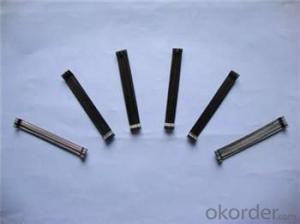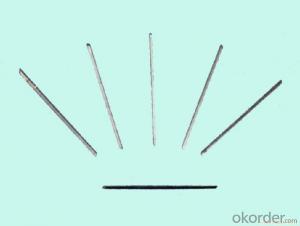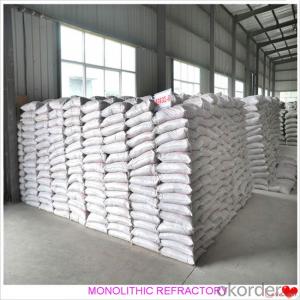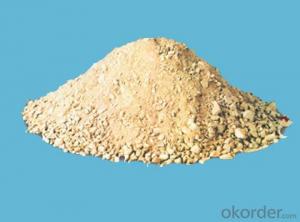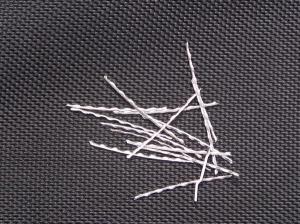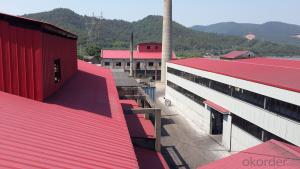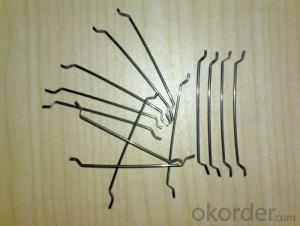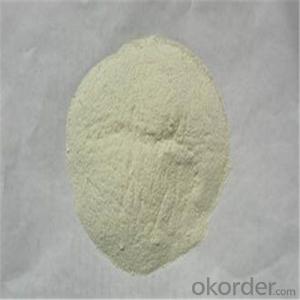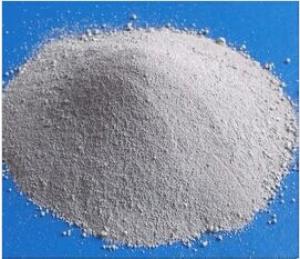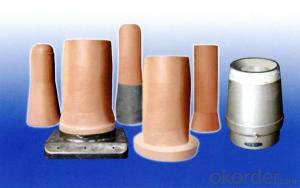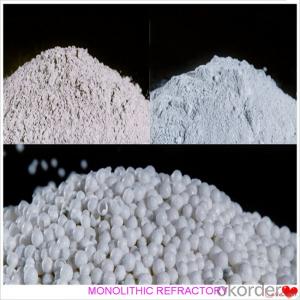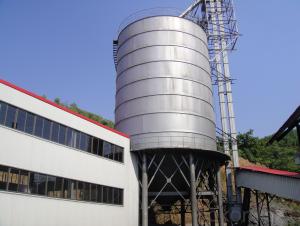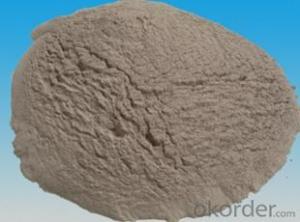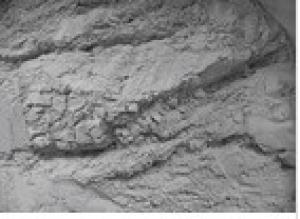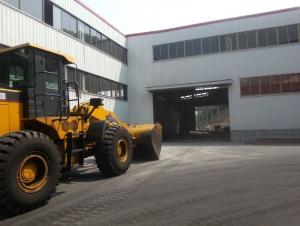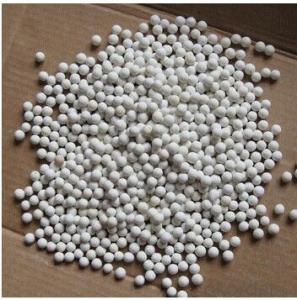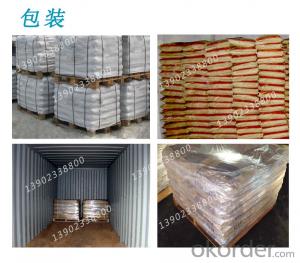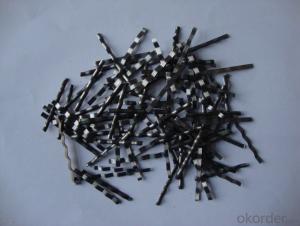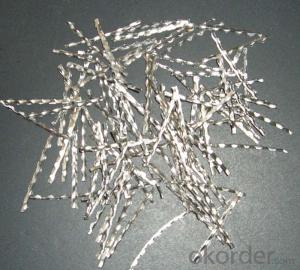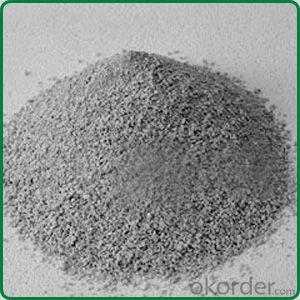All Categories
- - Steel Wire Rod
- - Steel Coils
- - Steel Profiles
- - Steel Pipes
- - Stainless Steel
- - Tinplate
- - Special Steel
- - Steel Sheets
- - Steel Rebars
- - Steel Strips
- - Hot Rolled Steel
- - Cold Rolled Steel
- - Pre-painted Steel
- - Seamless Steel Pipe
- - Welded Steel Pipe
- - Hollow Steel Tubes
- - Galvanized Pipe
- - Stainless Steel Coil
- - Stainless Steel Sheet
- - Stainless Steel Plate
- - Stainless Steel Strips
- - Electrolytic Tinplate Coil
- - Electrolytic Tinplate Sheet
- - Stainless Steel Rebars
- - Solar Panels
- - Solar Water Heater
- - Solar Related Products
- - Solar Inverter
- - Solar Cells
- - Solar Light
- - Solar Energy Systems
- - Solar Controllers
- - Solar Mounting System
- - Solar Pump
- - Solar Chargers
- - Fiberglass Chopped Strand
- - Fiberglass Mesh Cloth
- - Composite Pipes
- - FRP Pultrusion Profiles
- - Fiberglass Mat Tissue
- - Fiberglass Fabrics
- - Fiberglass Mesh
- - Composite Tank
- - Fiberglass Mesh tape
- - Polymer
- - FRP Roofing Panel
- - Fiberglass Roving
- - Monolithic Refractories
- - Ceramic Fiber Products
- - Refractory Bricks
- - Raw Materials For Refractory
- - Suspended Platform
- - Cranes
- - Concrete Machinery
- - Earthmoving Machinery
- - Building Hoist
- - Road Building Machinery
- - Plastic Pipe Fittings
- - Plastic Tubes
- - Plastic Sheets
- - Agricultural Plastic Products
- - Plastic Nets
Q & A
How do monolithic refractories provide resistance to corrosion?
Monolithic refractories provide resistance to corrosion through their dense and compact structure, which minimizes the porosity and permeability of the material. This prevents corrosive agents from penetrating and attacking the refractory. Additionally, monolithic refractories often contain chemical additives or coatings that enhance their resistance to corrosion, making them more durable and suitable for harsh environments.
How do monolithic refractories handle alkali-silica reaction in high-temperature applications?
Monolithic refractories are designed to withstand high temperatures and alkali-silica reactions in high-temperature applications. They contain materials that are resistant to the reaction, such as high-alumina or silica-based compositions. These refractories form a protective barrier between the alkalis in the environment and the silica in the aggregates, preventing the reaction from occurring. Additionally, the use of appropriate bonding agents and additives can further enhance the resistance of monolithic refractories to alkali-silica reactions in high-temperature applications.
What are the considerations for selecting a monolithic refractory for a specific catalytic cracking process?
When selecting a monolithic refractory for a specific catalytic cracking process, several key considerations need to be taken into account.
Firstly, the refractory material must have excellent thermal stability and resistance to high temperatures. As catalytic cracking processes involve extreme heat and thermal cycling, the refractory must be able to withstand these conditions without cracking or spalling.
Secondly, the refractory should possess good resistance to chemical attacks from the corrosive gases and liquids present in the catalytic cracking process. It should be able to resist the effects of acidic and basic substances, as well as any potential chemical reactions that may occur.
Thirdly, the refractory material should have low porosity and high density to prevent the penetration of gases, liquids, and solids into its structure. This helps to maintain the integrity of the refractory lining and ensures its longevity.
Another important consideration is the refractory's mechanical strength and abrasion resistance. It should be able to withstand the mechanical stresses and abrasion caused by the movement of catalyst particles, as well as any potential physical impacts from the process equipment.
Lastly, the refractory's installation and maintenance requirements must be taken into account. Factors such as ease of installation, repair, and replacement should be considered to minimize downtime and associated costs.
Overall, selecting the right monolithic refractory for a catalytic cracking process requires evaluating its thermal stability, chemical resistance, porosity, mechanical strength, and installation/maintenance requirements.
How do monolithic refractories perform in terms of creep resistance?
Monolithic refractories typically exhibit excellent creep resistance due to their homogeneous structure and absence of joints or seams, which allows for better resistance against deformations under high temperatures and constant stress.
Wholesale Monolithic Refractories from supplier in Togo
We understand the importance of reliable and durable Monolithic Refractories in various industries, such as steel, cement, glass, and petrochemicals. That is why we partner with leading manufacturers to offer a wide range of high-quality Monolithic Refractories products, including castables, gunning mixes, ramming mixes, and plastics.
Our team of experienced professionals is always ready to assist you with any inquiries, product recommendations, or technical support you may need. We strive to provide timely and accurate information to help you make informed decisions and optimize your procurement process.
In addition to our product offerings, we also provide comprehensive sales and pricing support. We understand the importance of competitive pricing, and we work closely with our suppliers to negotiate the best possible prices for our customers. Our goal is to provide cost-effective solutions without compromising on quality.
Furthermore, we offer technical support services to ensure the proper installation and performance of our Monolithic Refractories products. Our team of experts can provide guidance on product selection, installation techniques, and troubleshooting, ensuring that you achieve optimal results.
As a subsidiary platform of CNBM, a Fortune Global 500 company, we have a strong network and access to a wide range of resources. This enables us to efficiently handle your Monolithic Refractories procurement needs in Togo, ensuring timely delivery and excellent customer service.
We are dedicated to building long-term relationships with our customers in Togo and strive to exceed their expectations. Whether you have a small-scale project or a large-scale industrial operation, we are here to support you every step of the way. Trust us to be your reliable partner for all your Monolithic Refractories needs in Togo.
Our team of experienced professionals is always ready to assist you with any inquiries, product recommendations, or technical support you may need. We strive to provide timely and accurate information to help you make informed decisions and optimize your procurement process.
In addition to our product offerings, we also provide comprehensive sales and pricing support. We understand the importance of competitive pricing, and we work closely with our suppliers to negotiate the best possible prices for our customers. Our goal is to provide cost-effective solutions without compromising on quality.
Furthermore, we offer technical support services to ensure the proper installation and performance of our Monolithic Refractories products. Our team of experts can provide guidance on product selection, installation techniques, and troubleshooting, ensuring that you achieve optimal results.
As a subsidiary platform of CNBM, a Fortune Global 500 company, we have a strong network and access to a wide range of resources. This enables us to efficiently handle your Monolithic Refractories procurement needs in Togo, ensuring timely delivery and excellent customer service.
We are dedicated to building long-term relationships with our customers in Togo and strive to exceed their expectations. Whether you have a small-scale project or a large-scale industrial operation, we are here to support you every step of the way. Trust us to be your reliable partner for all your Monolithic Refractories needs in Togo.
Hot Search
- Monolithic Refractories in Portugal
- Ceramic Fiber Products in Palau
- Refractory Bricks in Madagascar
- Raw Materials For Refractory in Algeria
- Raw Materials For Refractory in Vietnam
- Raw Materials For Refractory in Mali
- Ceramic Fiber Products in Ghana
- Raw Materials For Refractory in Palestine
- Monolithic Refractories in Argentina
- Raw Materials For Refractory in Armenia
